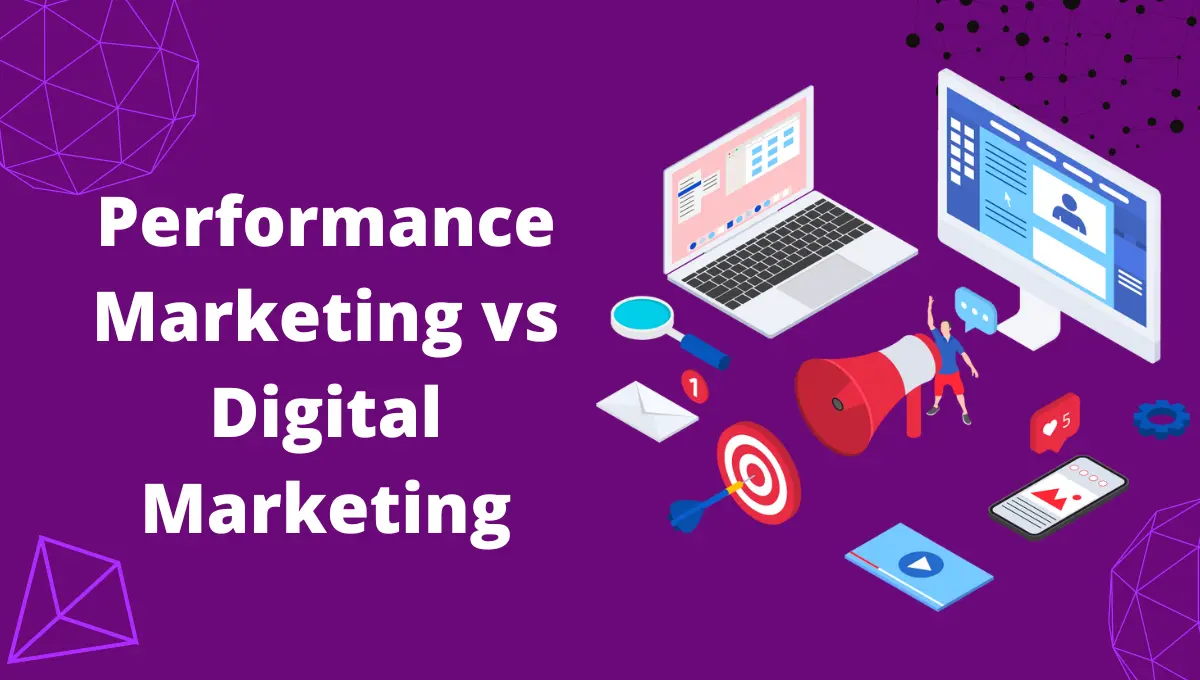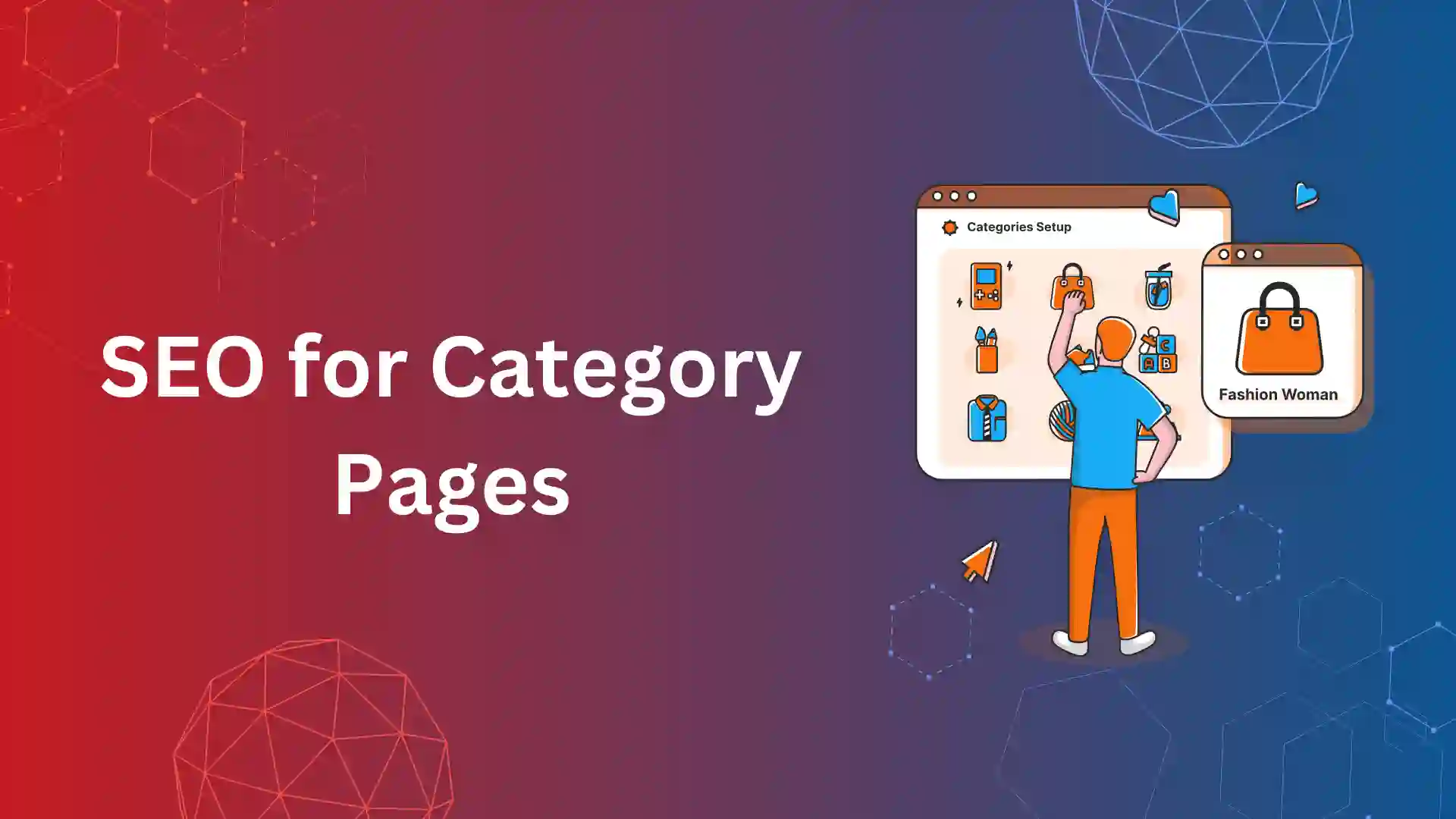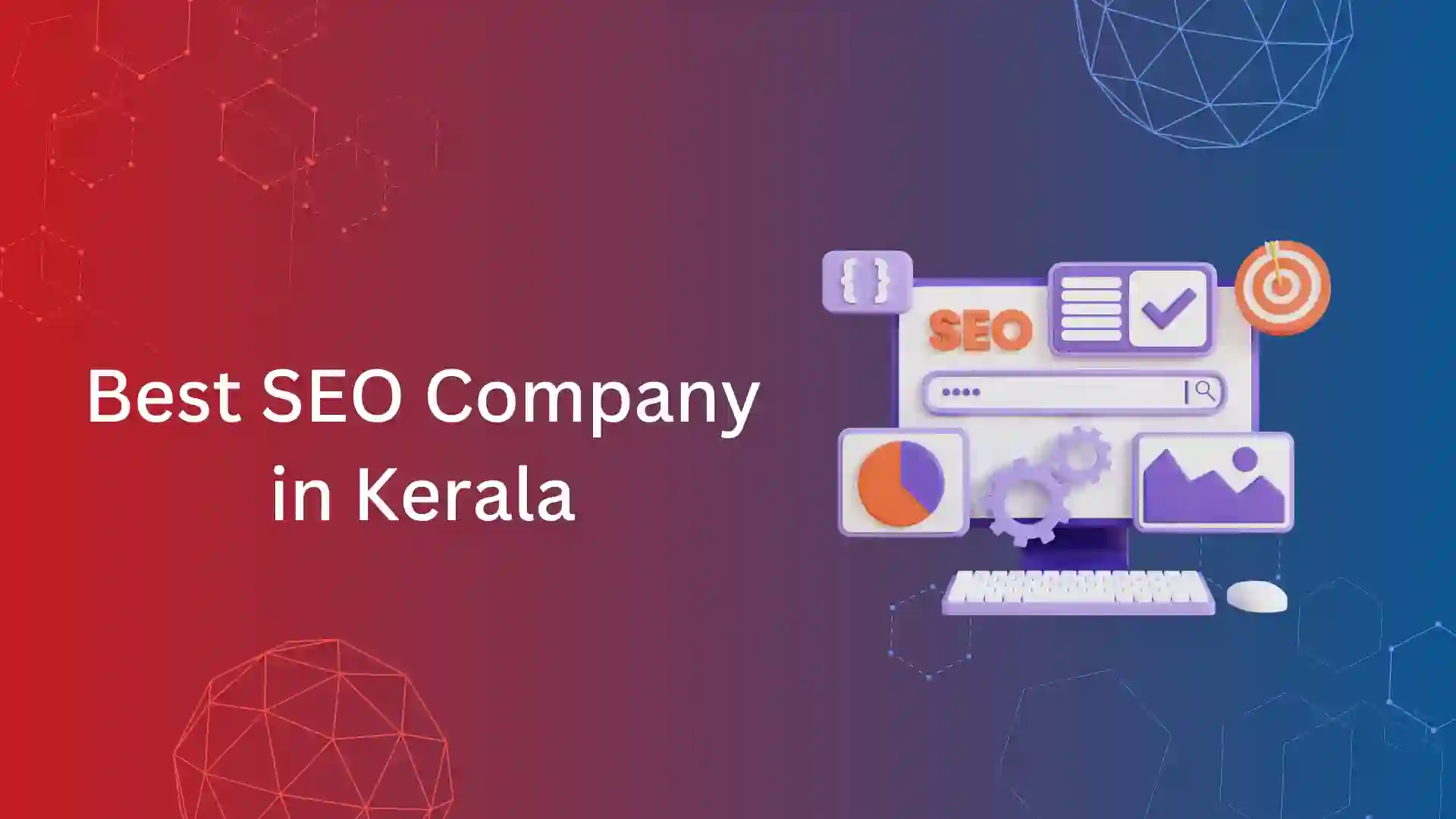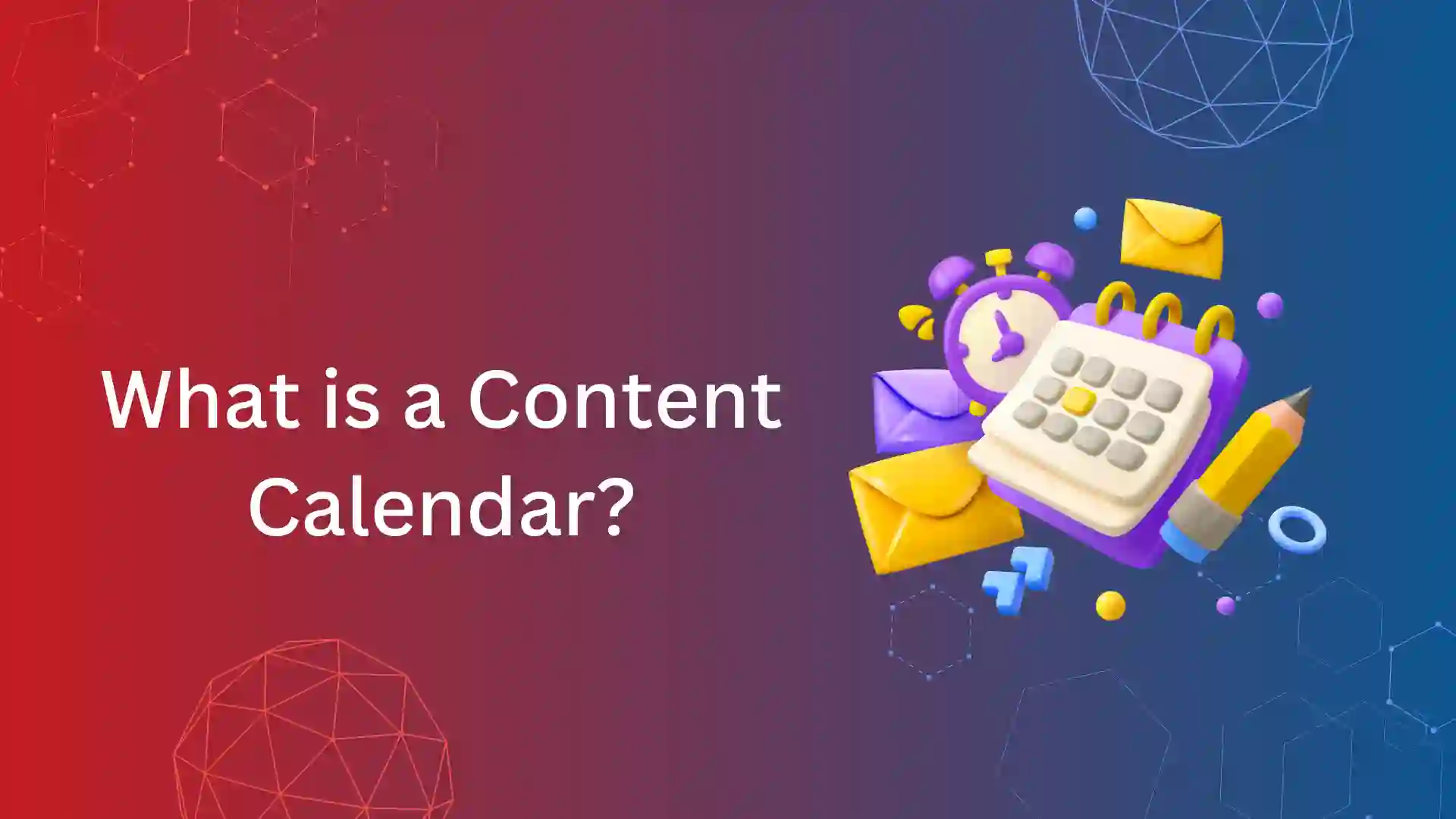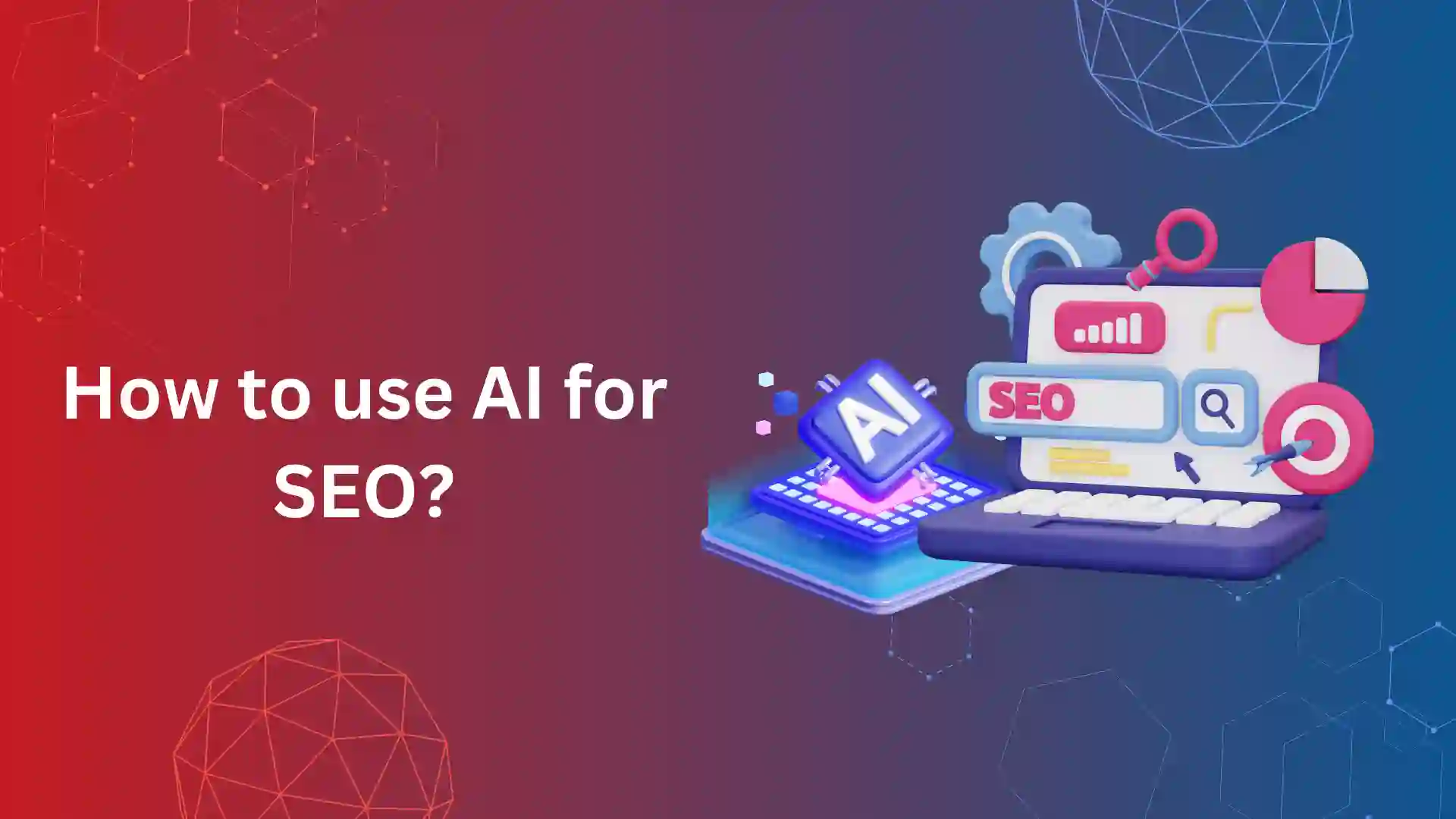Updated on March, 2024
Business owners are increasingly questioning whether performance marketing or digital marketing is best for promoting their business. Both of these marketing strategies resemble the same, yet the KPI (Key Performance Indicator) differs.
Although various pricing models power these two marketing strategies, they both have the same objective for the client. Many businesses still need help figuring out how to use performance and digital marketing for their industries.
This article explains the difference between performance marketing and digital marketing. Let’s get started!
Performance Marketing Definition:
Performance marketing is the future of digital marketing, where agencies try to achieve higher ROI and conversion rates using data and other parameters.
Businesses pay for outcomes in this type of marketing. This could include leads, sales, or clicks. It is a digital marketing or advertising method in which companies only pay when a particular result arrives.
This differentiates it from other digital marketing channels, where companies frequently pay for reach and impressions regardless of whether they provide results. It uses platforms including sponsored content, online advertising, and affiliate marketing.
It is a result-driven digital marketing approach focusing on reaching specific KPIs regarding ROI and company growth. Digital marketing campaigns are designed to attain those particular objectives used to accomplish this.
Benefits of Performance Marketing:
Here are the five major advantages of performance marketing over conventional methods.
Better Planning:
Identifying goals and determining a cost per action at the start of a campaign makes performance marketing easy to budget. This makes choosing the adequate price for a campaign easy.
Pay for Results:
Performance marketing campaigns obviously benefit from paying for results without undefined expenses. This is particularly necessary for campaigns at the bottom of the funnel that are motivated by specific conversion metrics.
Media campaigns optimized for conversions and subsequently switched to clicks may perform poorly in both categories.
Track Performance:
As digital marketers are predominantly in performance marketing, this can immediately gain insights into performance. This includes the amount spent and the number of impressions, clicks, and conversion rates.
With the help of these data, marketers may monitor campaign performance over time to calculate return on investment. You can reallocate budgets to other campaigns if the campaign isn’t meeting expectations.
Low-Risk:
Performance marketing involves less risk than other types of marketing campaigns. The first benefit is that you only pay after desired actions are completed, so you are guaranteed to receive the results you pay for. Additionally, these campaigns are far more flexible.
If a business runs into financial difficulties, the owner has the authority to alter the budget. They can also completely stop campaigns if the anticipated results are not being achieved or if they are and the company has spent all of its available funds.
Greater Flexibility:
Performance marketing provides a wide range of options. You’re never compelled to spend money on something that doesn’t work. The worst that can happen is receiving a few false clicks or wasting time using an ineffective campaign.
Turn back and attempt a different approach if the first one doesn’t work. Eventually, the numbers will either support your strategy or convince you to alter direction.
Metrics to Measure Performance Marketing:
Cost Per Mille (CPM):
Many marketers are less concerned with CPM (Cost per 1000 Impressions) since they value other metrics more than impressions.
Cost Per Click (CPC):
Each time a user clicks an advertisement, they get charged. The CPC depends on multiple factors. But, you need to optimize all the factors to get low CPC.
Cost Per Acquisition (CPA):
It can tell you how well your campaign performs based on the cost spent on acquiring a customer. CPA is an important metric for performance marketing as acquisition is important for any business.
Life Time Value (LTV):
It is the total amount of money a customer spends throughout their relationship with the company.
Digital Marketing Definition:

Digital marketing is a type of marketing that reaches and engages customers through digital media. It involves using digital platforms to promote products and services and connect with potential customers.
It includes advertising brands to reach their target market using the Internet and other digital communication channels, such as
- Social media
- Paid advertising
- Mobile apps
- Text
- Email marketing
- Web-based advertising
- Multimedia messages
Compared to performance marketing, digital marketing can be considered an investment with long-term goals and outcomes because it helps companies raise their brand awareness. Additionally, businesses can keep their investment under control.
They can choose how much money to spend on each channel and scale their investment up or down as needed, but the measurable results are not as clear as performance marketing.
Benefits of Digital Marketing:
The following are the benefits of digital marketing:
Cost-Effective:
The affordability of digital marketing is one of its main advantages. Digital marketing allows you to save money while still generating more leads.
Small-to-medium-sized firms find it challenging to compete with established companies using standard marketing techniques. Large companies can afford to spend money on radio and TV advertisements, among other things. This makes it difficult for small firms to compete with larger companies.
It is an inexpensive strategy for reaching out to potential customers. There are numerous cost-effective digital marketing and advertising strategies. For example, you can select your budget while using pay-per-click (PPC) advertising.
Promote your business 24/7:
The Internet is constantly active, and that is much more evident. This implies that potential customers can always access your online resources (websites, eBooks, articles, social media accounts, and so on).
If you use digital marketing effectively, your online assets will act as your salesmen, bringing in new customers around the clock.
Increases Conversion Rate:
You can raise your conversion rate by spending money on Internet marketing techniques like conversion rate optimization (CRO). This is because you can target more specific leads.
You improve your chances of converting by concentrating on customers more likely to be interested in your business. More conversions are generated for your business, helping in development.
Reach More People:
Because over 3 billion people use the Internet daily, the majority of businesses will profit from starting a digital marketing campaign.
Your clients probably use the Internet to look for the products you provide, even if your company is small-scale.
Measurable Results:
It is easy to determine the success of your campaign when using web analytics and other online measuring tools to measure your online marketing. You can learn in-depth details about how visitors engage with your website or react to your advertising.
Metrics to Measure Digital Marketing:
Bounce Rate:
It is the percentage of site visitors that left without taking any action.
Page Views:
It is the overall number of pages visited.
Conversion Rate:
It is the overall conversion rate from a specific website.
Click-Through Rate (CTR):
It is the ratio between total clicks and total viewers.
Performance Marketing vs. Digital Marketing – Which is Better?
Unfortunately, the solution is not very simple. The best digital marketing strategy or performance marketing for your company depends on several factors.
You should examine the cost analyses of these two models for your own company to determine which would work best for your business model.
In the long run, digital marketing is the most practical, flexible, and cost-effective choice for businesses. On the other hand, performance marketing is an excellent choice for companies that want a results-driven strategy, are new to the market, and are ready to spend more on those results.
Is it Necessary to Invest in Both?
Your organizational goals will determine the answer to this question. Digital marketing is a better choice if you’re trying to increase brand awareness.
Performance marketing is a better choice if you’re searching for a results-driven strategy and are willing to pay extra for those results.
However, if you want the best of both, you should consider investing in digital marketing and performance marketing.
By doing so, you can capitalize on each method’s advantages and develop a well-rounded marketing plan. Once you get it right, nothing is better than seeing your hard work and ideas validated as a success.
Digital Marketing vs. Performance Marketing – Key Differences:
The best strategy for any company depends on its culture, business goals, and marketing objectives. These main differences are highlighted here.
- The term “performance marketing” refers to a digital marketing approach that uses online platforms.
- The term digital marketing encompasses a wide range of channels and strategies, whereas performance marketing involves optimizing those channels and strategies.
- Performance marketing is primarily concerned with short-term objectives and outcomes. A performance marketing goal typically includes easy-to-measure metrics such as the number of leads generated or clicks achieved.
- A good performance marketing plan includes digital marketing channels such as social, paid search, and display ads. However, traditional digital marketing frequently relies on vanity measures such as reach, impressions, or likes.
- A performance marketing approach goes beyond vanity metrics and focuses on long-term, strategic key performance indicators (KPIs). This involves focusing on revenue and loyalty rather than participation or awareness.
Conclusion:
Performance marketing is a fantastic choice for companies looking for a long-term marketing strategy to achieve their goals because it is data and results-driven.
It is essential for business owners who wish to make wise decisions to gain deep knowledge about the possibilities of marketing techniques, as well as test each of the channels they think may be successful.
In this article, you have learned about the differences between the two types of marketing campaigns, and you will be able to decide which one is more fit for your company’s online marketing needs.

